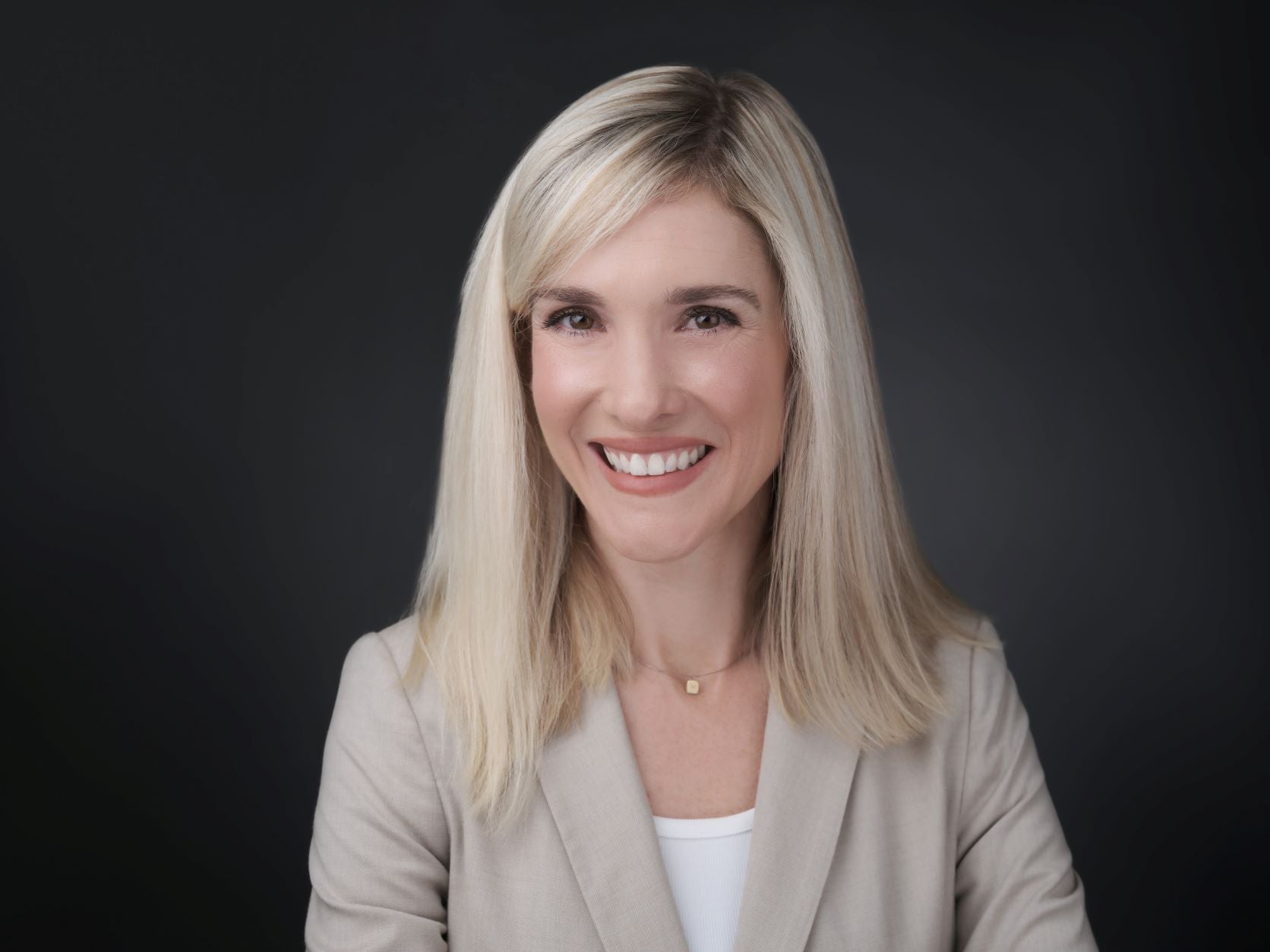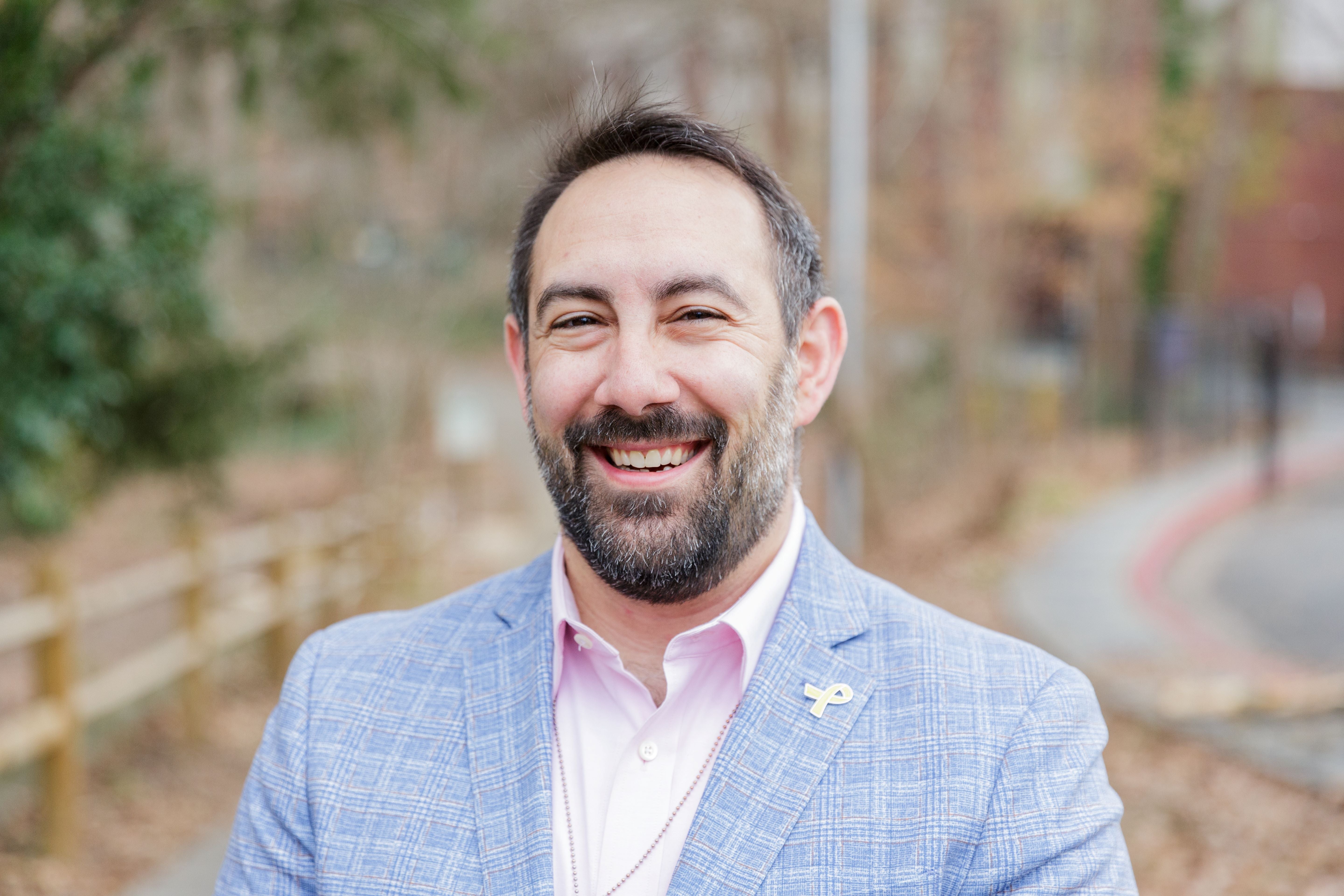August 24, 2020 — New York
This piece first appeared in JNS.
In 2007, Nation of Islam Leader Louis Farrakhan gave what was billed as his final bow before an audience of thousands in Detroit’s Ford Field. Recovering from complications of cancer, he called for worldwide religious unity, lamented the strife that divided Muslims and Christians, and distanced himself from antisemitic screeds of his past.
But he appeared the next year to endorse then-presidential candidate Barack Obama and showed up again shortly after Obama’s victory to urge followers to rebuild communities as “Brother Barack” tried to rebuild the nation.
“Brother Barack” soon drew Farrakhan’s scorn for falling under the influence of American Jews, who the Nation of Islam leader has continued to disparage for the last 13 years. “I’m not antisemitic, I’m just telling the truth,” Farrakhan said after unleashing a torrent of vitriol in front of thousands in 2012. “In 100 years, they control movies, television, recording, publishing, commerce, radio; they own it all.”
As the United States faces a nationwide reckoning over racial justice, messages of social reform and black economic empowerment have a receptive audience. Those messages touted by the Nation of Islam (NOI)—a religious institution that combines black nationalism with traditional teachings of Islam—appeal to some African-American celebrities who are not Muslim.
While blacks and Jews are uniting, as they did in the civil-rights era, to combat gun violence, police brutality, food shortages and health disparities in poor neighborhoods—important work advanced by NOI—Farrakhan’s vile antisemitism keeps getting in the way. At every live and live-streamed event, acolytes peddle The Secret Relationship Between Blacks and Jews, a series of books authored by Farrakhan that blame Jews for the slave trade and its repercussions. Rhetoric about Satanic Jews peppers every speech, including his three-hour July 4 diatribe.
But in an age of synagogue shootings, conspiracy theories and other indications of rising antisemitism, Farrakhan’s weapon has been backfiring—not on him, but on his followers, the people he purports to empower.
Last year, Facebook permanently banned Farrakhan from its platforms, including Instagram, for his anti-Semitic and homophobic language. Last month, Twitter insisted Farrakhan delete a pinned tweet, comparing the Jewish people to termites. After Fox Soul canceled its broadcast of Farrakhan’s Independence Day speech, Sean Combs (aka P. Diddy) broadcast the speech on his YouTube channel RevoltTV. It has since been removed for violating YouTube’s hate-speech policy, though it had already been viewed more than 1.2 million times.
Efforts to combat antisemitism online seem to fire up Farrakhan’s base. Some celebrities and community leaders heap praise upon Farrakhan and spew his poison. But it’s their careers, reputations and pursuits of justice that suffer when they defend Farrakhan.
Two years ago, despite public pressure, Tamika Mallory, one of the organizers of the Women’s March, refused to denounce Farrakhan’s hateful rhetoric at a speech she attended.
“When you want something in this world, the Jew holds the door,” Farrakhan said during that NOI Saviours’ Day speech, adding that Jews are to blame for “degenerate behavior in Hollywood.”
Relationships became strained, if not severed completely, and efforts to trademark and grow the Women’s March movement stalled. Mallory has since left the board.
TV personality Nick Cannon on his podcast in July interviewed Professor Griff, a rapper who had been part of the group Public Enemy. Griff was fired in 1989 for saying that “Jews are responsible for the majority of the wickedness in the world.” Cannon’s conversation with Griff praised Farrakhan and validated conspiracy theories about the Rothschild banking family.
And last month NAACP president of its Philadelphia chapter Rodney Muhammad, a Nation of Islam minister, posted on Facebook a cartoon image of a yarmulke-wearing man with a large nose and a black beard. Its caption was a quote falsely attributed to French writer and philosopher Voltaire: “To learn who rules over you, simply find out who you are not allowed to criticize.” The quote reportedly was written by American neo-Nazi Kevin Strom, who hates both African-Americans and Jews.
In a 2012 interview, Muhammad scoffed at the condemnation of Farrakhan’s remarks 17 years earlier when he called Jews “bloodsuckers” ahead of the Million Man March.
“This is how much [Jews] think of themselves, that we’re supposed to (be) prioritizing their concerns before we deal with ours,” he said. “What arrogance, man? That’s arrogance!”
The national NAACP has expressed support for Muhammad, even though the Pennsylvania NAACP has denounced the post, saying it in no way reflects the thoughts and work of the state chapter. Some groups severed promising partnerships with the organization until Muhammad is removed from his post – another opportunity for progress derailed.
Fortunately, some taking the fall for echoing Farrakhan’s message have seen the error of their ways. Cannon apologized and appeared on the American Jewish Committee’s Advocacy Anywhere program. Though he would not condemn Farrakhan, he did condemn his message.
“The words, the demagoguery, and hate speech that your community experiences I can never stand up for anything that does harm and treachery to a community, that involves fear,” he said. “I can condemn the message, but I can never condemn the messenger.”
Apologies and subsequent actions are important first steps. But as Cannon noted in his AJC interview, real change has to start with education about the history of black-Jewish relations, Black and Jewish contributions to America, antisemitism, racism and fighting white supremacy together.
Those who defend Farrakhan on the grounds that NOI helps underserved black communities across America and empowers African-Americans should know that one cannot empower one group by denigrating another.
Farrakhan needs to let a new generation write the next chapter.
Dov Wilker is director of the American Jewish Committee’s (AJC) Atlanta Region. Holly Huffnagle is AJC director for Combating Antisemitism in the United States.




